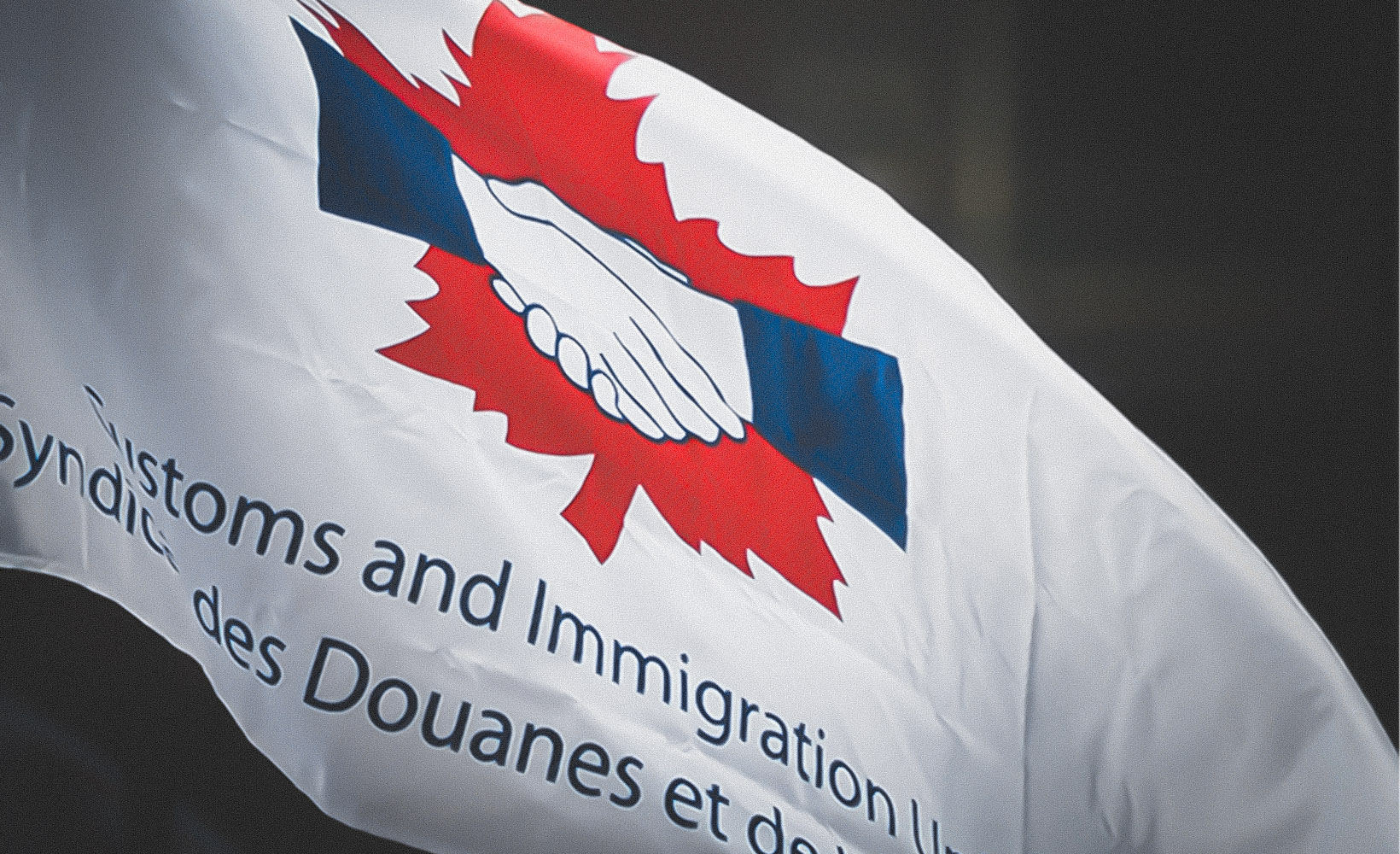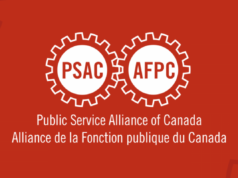Following CBSA’s decision to start holding high-risk detainees in Immigration Holding Centres (IHCs) effective August 1, 2023, the question has come up whether dealing with high-risk detainees would now be included as a ‘danger’ in the normal condition of employment of our members (please see the following document for more information on danger as a normal condition of employment as per the Canada Labour Code).
The short answer is that it depends on the circumstances of an interaction with a high-risk detainee. In some cases, CBSA officers already perform duties where interacting with high-risk detainees can be considered to fall within the normal condition of employment, such as the removal of high-risk detainees by Inland Enforcement Officers and the intake process at IHCs. Risks associated with these duties have been properly mitigated through job hazard analysis, training, policies, and personal protection equipment.
Significant changes
The two significant changes we see that would not fall under the normal condition of employment at this time are as follows:
1) Detention of high-risk individuals in IHCs, and
2) Significant increase in ground transportation of high-risk detainees
Detentions in IHCs
CBSA is currently coordinating with Correctional Service Canada to develop training on how to deal with the detention of high-risk individuals. As this is a significant shift in policy, and no hazard analysis has been done, this does not constitute a normal condition of employment. Currently, officers have no training on how to deal with high-risk detainees while they are in detention. Until a hazard analysis has been completed, procedures have been developed, members trained, and PPE issued, the detention of high-risk individuals will continue to fall outside of the definition of normal conditions of employment.
This means CBSA cannot force officers to deal with situations they have not been trained for, or situations where no risk assessment has been performed. If this happens, members can avail themselves of all the protections of the Canada Labour Code Part II, including work refusals.
Increase in ground transportation
The second item is the possible increase in ground transportation. Previously, high-risk detainees were transported from local police stations to the provincial remand centres, by provincial law enforcement representatives trained on how to deal with detainees in a long-distance ground transportation setting, in vehicles equipped for such transports.
With provinces no longer housing immigration detainees, CBSA may now be required to transport individuals for extended periods of time. While our Inland Enforcement Officers are trained for transport duties, the primary focus of the current training is on air travel and not ground transportation. The change in transportation duties may require a change in hazard analysis along with PPE and vehicles. As above, if members have not received either the tools or training required for this type of transport, they can avail themselves of all the protections of the Canada Labour Code Part II, including work refusals.
Should members have questions or concerns, please contact your Branch President.
This article is based on a memorandum sent by Acting National President Rick Savage to the National Board of Directors on August 1, 2023.
Questions about work refusals? Check out the following guide.





